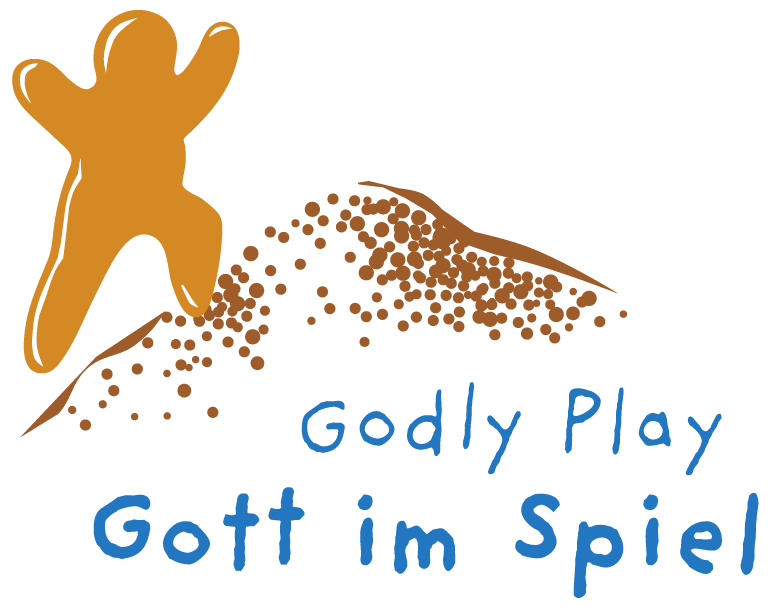Frank Zeeb
The Elusive Presence of God
Remarks on the Impact of Samuel Terrien’s Biblical Theology on Godly Play
To inculturate Godly Play in a German-speaking context we need to reconsider the biblical and theological presuppositions according to several criteria: Both the settings and the conditions as to society and to church are different from those we find in the Unites States. Given these differences we may need to reformulate the Godly Play stories.
A main issue in the current exegetical discussion in Germany is the relation of the “Endtext” (the biblical text as we have received it) to different stages of textual development. A second point is the treatment of the passages that deal with Israel and early Judaism on the background of German history and the now emerging dialogue between Christians and Jews (perhaps to include Muslims in the near future and thereby shedding light on Christian existence in a world of religious pluralism).
Godly Play text passages that quote biblical references verbatim or refer to scripture in quasi quotation,may need to be examined whether they are open enough for the later development of the children into mature adults at which stage need to integrate historical and scientific questions into their personal faith.
Godly Play, as developed by Jerome Berryman, is fundamentally based on the masterpiece of Biblical Theology by Samuel Terrien: The Elusive Presence of God (1978). This approach is now more than thirty years old; its historical and textual premises have been seriously questioned in recent years, in Germany even more so than in the United States. The selection of the core presentation and the scope of these lessons are highly influenced by Terrien’s sketch of biblical and religious history. Examples are provided from the “Ark and Tent” and “Exile and Return” lessons.
Concluding remarks on possible consequences for further development of Godly Play in German-speaking areas include the theological characterization of God’s presence, selection and addition of stories, the basics of biblical hermeneutics to be shared with the children and the relationship of cognitive learning versus learning through symbols and rituals in different stages of psychological development. A last point is the way in which Judaism should be treated in Godly Play.
